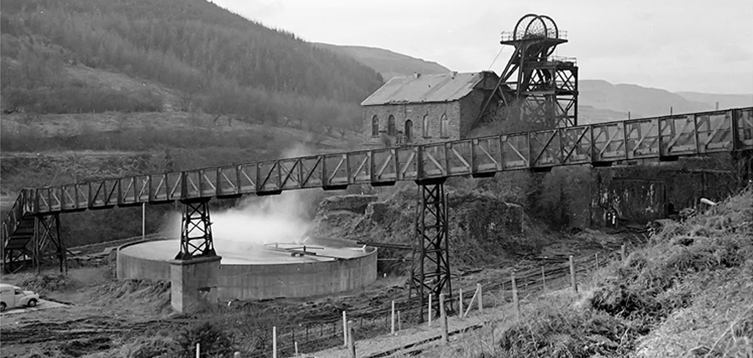‘Sir, what was coal?’ Do schools teach about the history and culture of Wales well enough?

Why is teaching Welsh history important?
When I was a deputy headteacher in a Cardiff school, I accompanied a group of pupils to the Rhondda Heritage Park as part of a ‘reward’ trip organised by a local charity. After an interesting tour of the mine, one of the children turned to me and asked if we used to eat coal! This was a wakeup call – how well do we teach children in our schools about the history of Wales, in particular the history of the local area? In a nutshell, without coal most of Cardiff would not have developed, and yet these 21st century children knew nothing about it.
Are they right?
Our inspection findings show that in many cases she has a good point. Children can recognise pictures of the wives of Henry VIII and know about the Great Fire of London, but on the whole know very little about the Rebecca Riots or the last invasion of Britain at Fishguard. Older pupils often know more about the history of other countries, for example Nazi Germany or the USA, than their own country.
Other countries such as Canada and New Zealand place a strong emphasis on schools teaching about the history of their own country.
But will things change?
There are some experts who are still sceptical about the impact that this will have. Professor Martin Johnes of Swansea University feels that the national Welsh angle may get lost in favour of local or well-known British or global examples and, as a result, there is no guarantee that curriculum reform will lead to any more Welsh history than is currently the case.
So it will be down to individual scho